
Author Mads Timmermann
Mads has 14+ years of experience as a skin expert and has written/read this article.
Introduction
Cheek acne, a common skin issue, affects many people and can be frustrating to deal with. Developing on the cheeks, this type of acne can range from mild to severe and is characterized by the presence of comedonal (blackheads or whiteheads) and inflammatory (papules, pustules, or cysts) breakouts. Understanding the causes and treatments of cheek acne can help you manage this skin condition and improve your complexion.
There are several factors that contribute to the development of cheek acne, including hormonal fluctuations, excessive sebum production, dead skin cells, and bacteria. External factors such as makeup, personal habits, and lifestyle choices can also play a role. Fortunately, there are various treatments available to tackle cheek acne, from over-the-counter products to prescription medications, as well as lifestyle changes that can help prevent breakouts and maintain clear skin.
Key Takeaways
- Cheek acne can be caused by a combination of hormonal changes, sebum production, and external factors.
- Effective treatments are available, including over-the-counter products, prescription medications, and lifestyle changes.
- Maintaining a proper skincare routine and understanding acne triggers can help prevent and manage breakouts.
What is cheek acne and what does it look like
Cheek acne, like other forms of acne, is caused by the overproduction of oil, bacteria build-up, and the clogging of hair follicles. It mainly appears on the cheeks and can manifest in different forms such as whiteheads, blackheads, and inflamed red bumps or pus-filled pimples. Cheek acne can vary in severity, ranging from mild to severe cases that can lead to scarring and skin discoloration.
Several factors can contribute to the development of cheek acne, including hormonal changes, genetic predisposition, diet, and even certain skincare products. It is important to understand the underlying causes of cheek acne to effectively address and treat it. One common factor in acne's development is the presence of the bacterium Cutibacterium acnes (previously known as Propionibacterium acnes) source. This bacterium can thrive in the hair follicles and contribute to inflammation and the formation of acne lesions.
Treatment options for cheek acne may vary depending on the severity and underlying causes. Some effective treatments include over-the-counter medications containing benzoyl peroxide or salicylic acid, prescription retinoids, or even oral medications such as antibiotics or hormonal therapy for more severe cases. Regardless of the chosen treatment, consistency and patience are key, as acne can often take time to fully clear.
In addition to medical treatments, maintaining a consistent skincare routine and implementing lifestyle changes can also help manage cheek acne. Simple actions such as cleansing the skin with gentle cleansers, using non-comedogenic skincare products, and avoiding excessive sun exposure can help prevent and manage acne breakouts on the cheeks.
Remember, if cheek acne persists despite trying over-the-counter treatments and making lifestyle adjustments, it may be necessary to consult a dermatologist for a more tailored treatment plan.
Causes of Cheek Acne
When discussing cheek acne, it is essential to know the potential reasons why it occurs. There are various factors that contribute to this condition, but we will focus on two main aspects: hormones and dietary factors. In addition to these, certain lifestyle habits can also contribute to breakouts on the cheeks.
Hormones
Hormonal fluctuations play a significant role in the development of acne, particularly during puberty. As hormone levels rise, oil production in the sebaceous glands increases. This excess oil can clog pores, leading to the formation of pimples on the cheeks and other areas of the face.
Dietary Factors
Diet can also play a role in the development of acne, especially in the cheek area. A diet high in sugar and processed carbohydrates may contribute to breakouts, as these foods can cause spikes in blood sugar levels that can lead to inflammation and increased sebum production.
Effective Treatments for Cheek Acne

Topical Treatments
There are various topical treatments available for cheek acne. Over-the-counter options include benzoyl peroxide, salicylic acid, and topical retinoids. Benzoyl peroxide works by killing acne-causing bacteria and reducing inflammation, while salicylic acid helps unclog pores and reduces inflammation. Topical retinoids, such as tretinoin and adapalene, increase skin cell turnover and help prevent the formation of clogged pores. It's essential to choose a product that suits your skin type, and we recommend consulting with a dermatologist for personalized advice.
Oral Medication
In some cases, oral medications are more effective in treating cheek acne. One common option is oral antibiotics like lymecycline, which reduce acne-causing bacterial growth and inflammation source. Another powerful oral medication is isotretinoin, a form of retinoid. This medication is particularly helpful for severe or resistant acne, but it can have side effects and may not be suitable for everyone source. It's critical to discuss your options with a dermatologist before starting any oral medication for acne.
Lifestyle Changes
In addition to topical treatments and oral medications, embracing certain lifestyle changes can help manage cheek acne. Here are some tips we recommend:
- Maintain a consistent skincare routine: Cleanse your face twice a day with a gentle cleanser, followed by an oil-free moisturizer. Avoid over-washing your face, which can strip the skin of its natural oils and lead to more acne.
- Avoid touching your face: Touching your face frequently can transfer dirt, oil, and bacteria onto your skin, exacerbating acne.
- Change pillowcases regularly: Dirty pillowcases can accumulate bacteria, oil, and dead skin cells that contribute to acne. We suggest changing them at least once a week.
- Manage stress: Stress can trigger hormone fluctuations, leading to increased sebum production and acne breakouts. Incorporate stress-relieving practices such as exercise, yoga, or meditation into your routine.
By combining topical treatments, oral medications, and lifestyle changes, we can effectively manage and treat cheek acne. Always remember to consult with a dermatologist for professional advice tailored to your specific needs and skin type.
Prevention and Maintenance
When it comes to preventing and maintaining clear skin free of cheek acne, it is essential to follow a proper skincare routine. We recommend using a gentle, non-comedogenic cleanser twice a day, followed by a lightweight, oil-free moisturizer. This will ensure that dirt, excess oil, and makeup are removed without causing further irritation or clogged pores. It's also important to avoid touching your face as much as possible, as this can transfer bacteria and dirt which could lead to acne breakouts.
In addition to following a consistent skincare routine, there are other factors to consider that play a role in preventing cheek acne. Ensuring that you change pillowcases and facial towels frequently can help to minimize the risk of bacteria build-up. It's also essential to maintain a healthy diet and stay well-hydrated, as this can impact overall skin health.
Sun protection is another crucial aspect of cheek acne prevention. Prolonged exposure to the sun's harmful UV rays can damage the skin, which may exacerbate existing acne or trigger new breakouts. We recommend using a broad-spectrum sunscreen with an SPF of 30 or higher daily to protect your skin.
Managing stress can also have a positive impact on preventing cheek acne. High levels of stress can cause hormonal imbalances that contribute to acne breakouts. Incorporating stress-reduction techniques, such as regular exercise, meditation, or deep breathing exercises, can be beneficial in maintaining clear and healthy skin.
In summary, preventing and maintaining clear skin free of cheek acne requires a multifaceted approach that includes consistent skincare habits, a balanced diet, sun protection, and stress management. By carefully adhering to these practices, you can work towards achieving and maintaining a clear complexion.
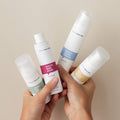
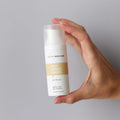
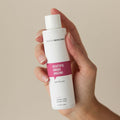
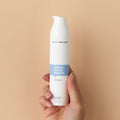
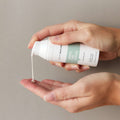
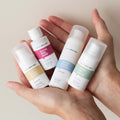
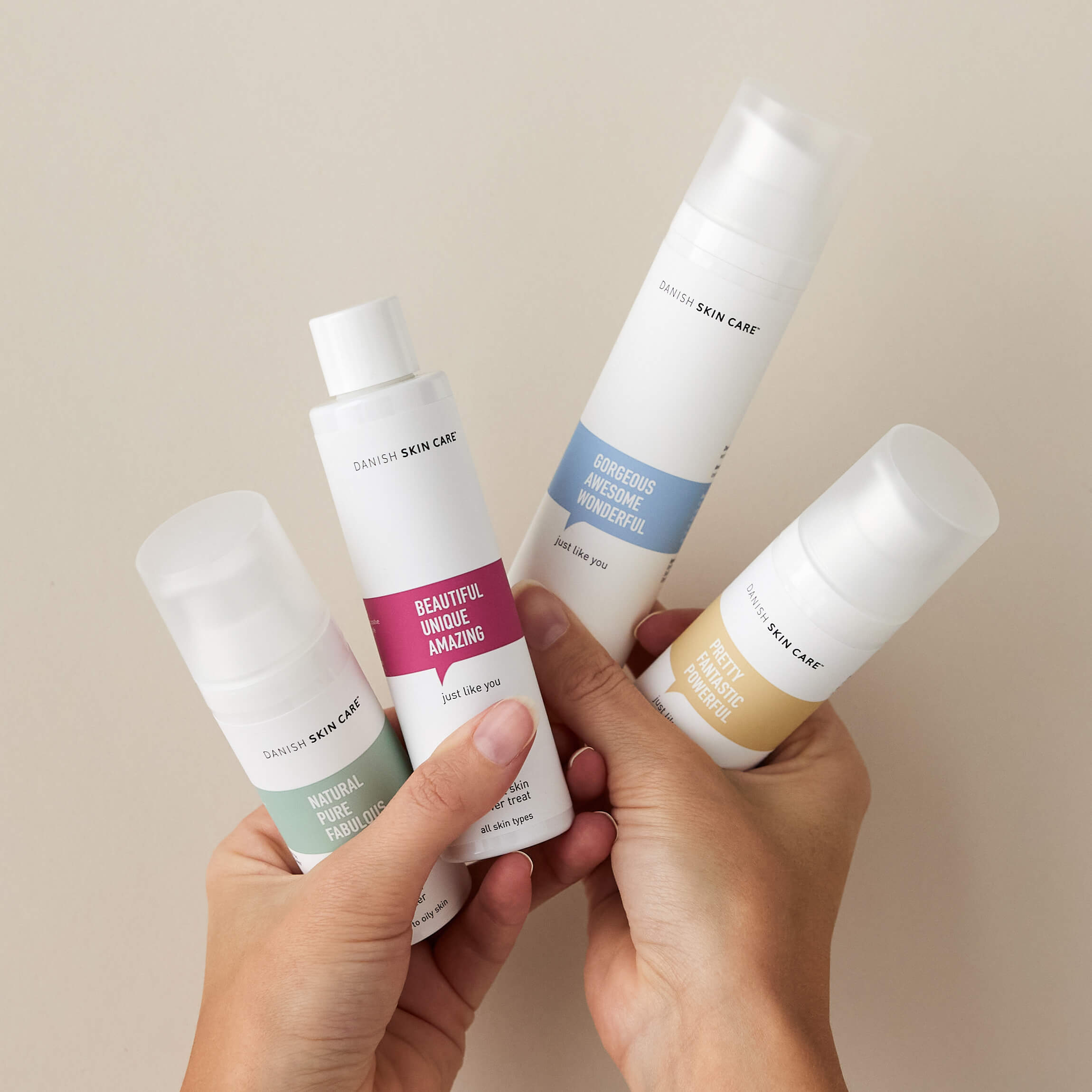
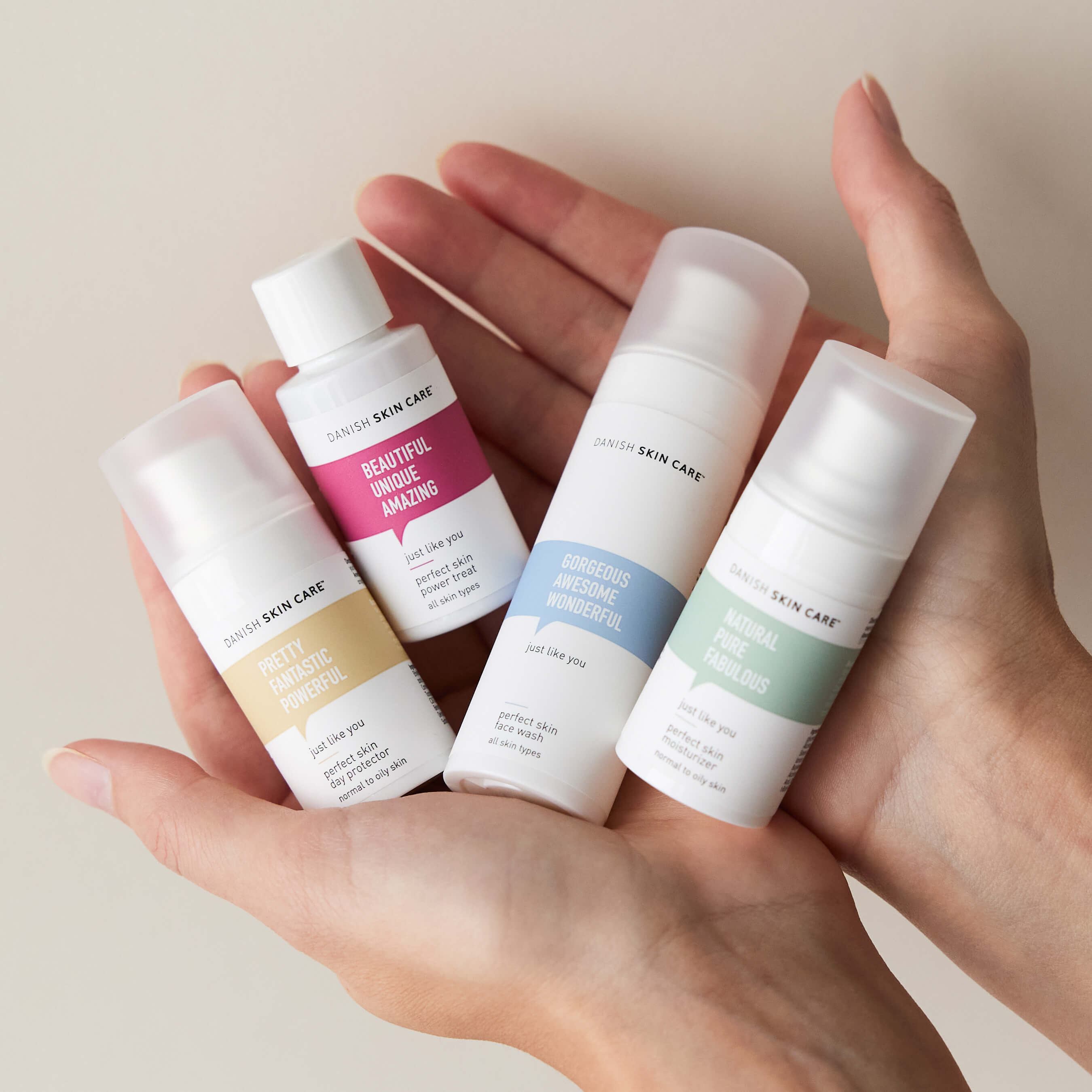

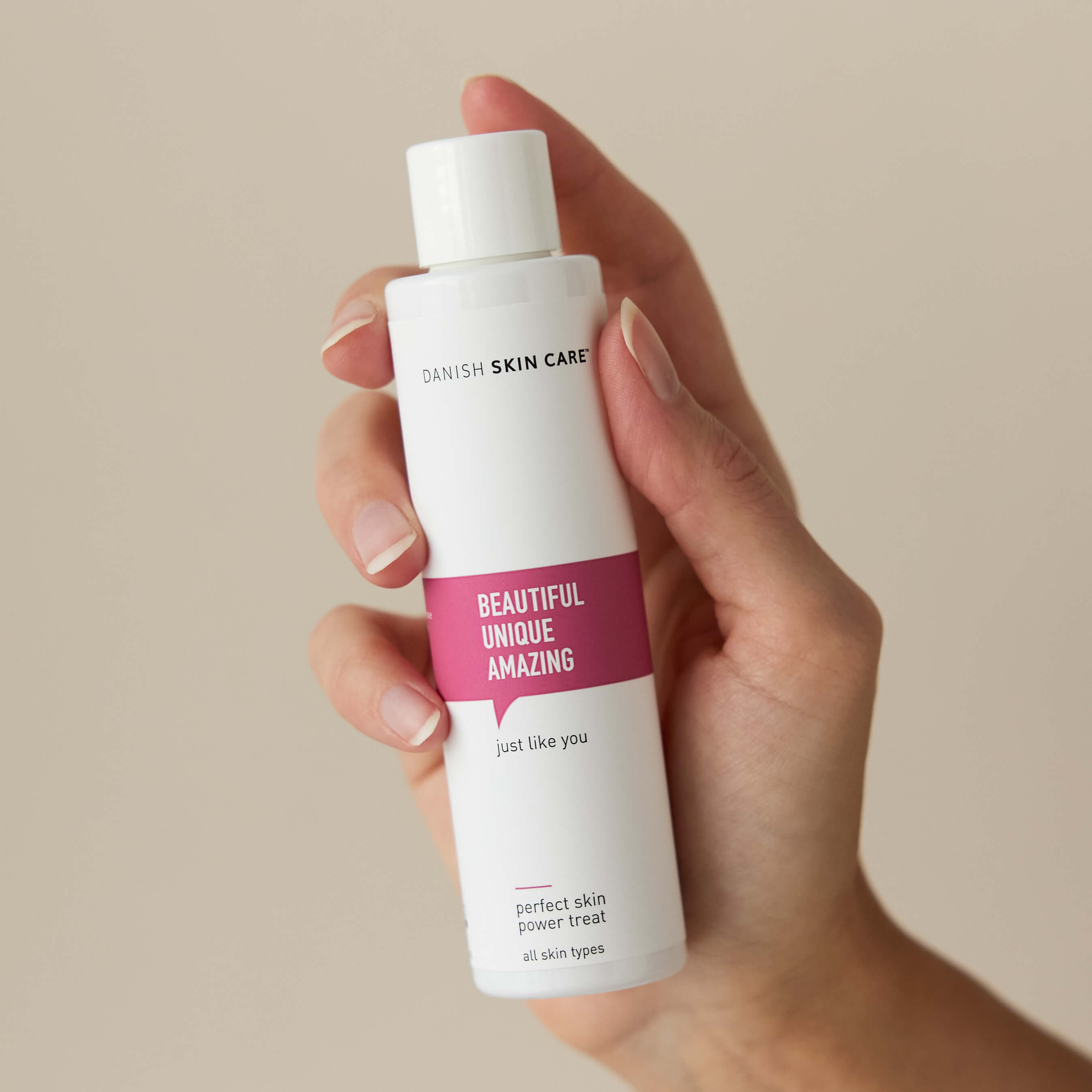


Leave a comment